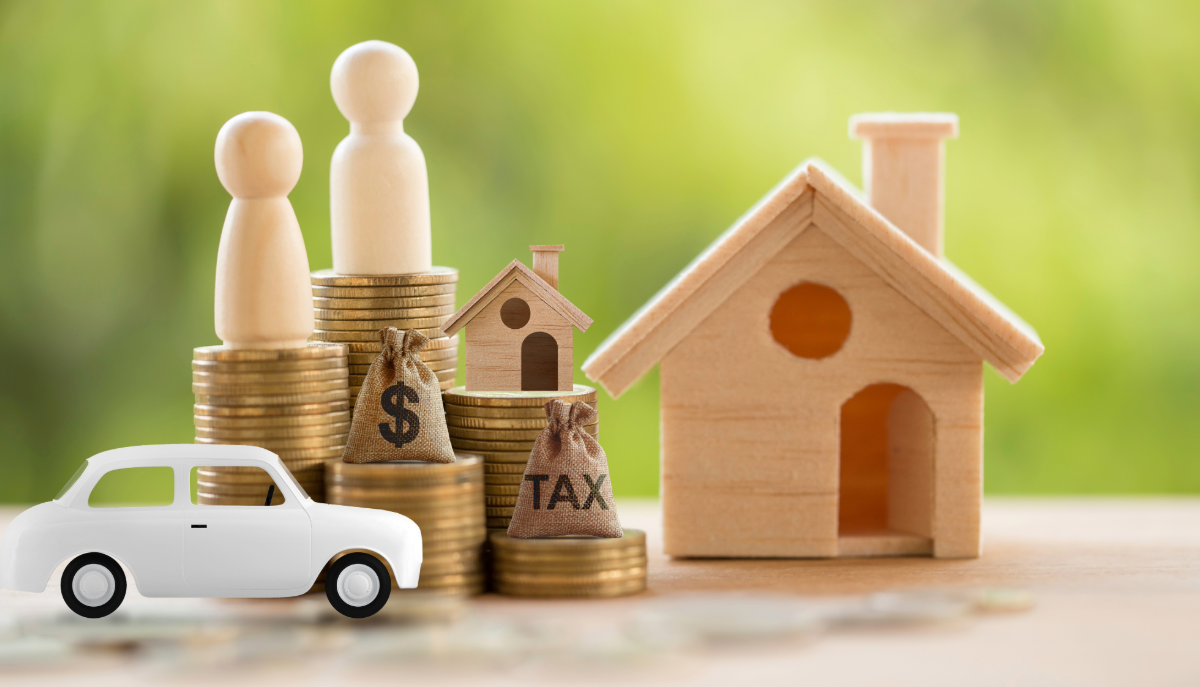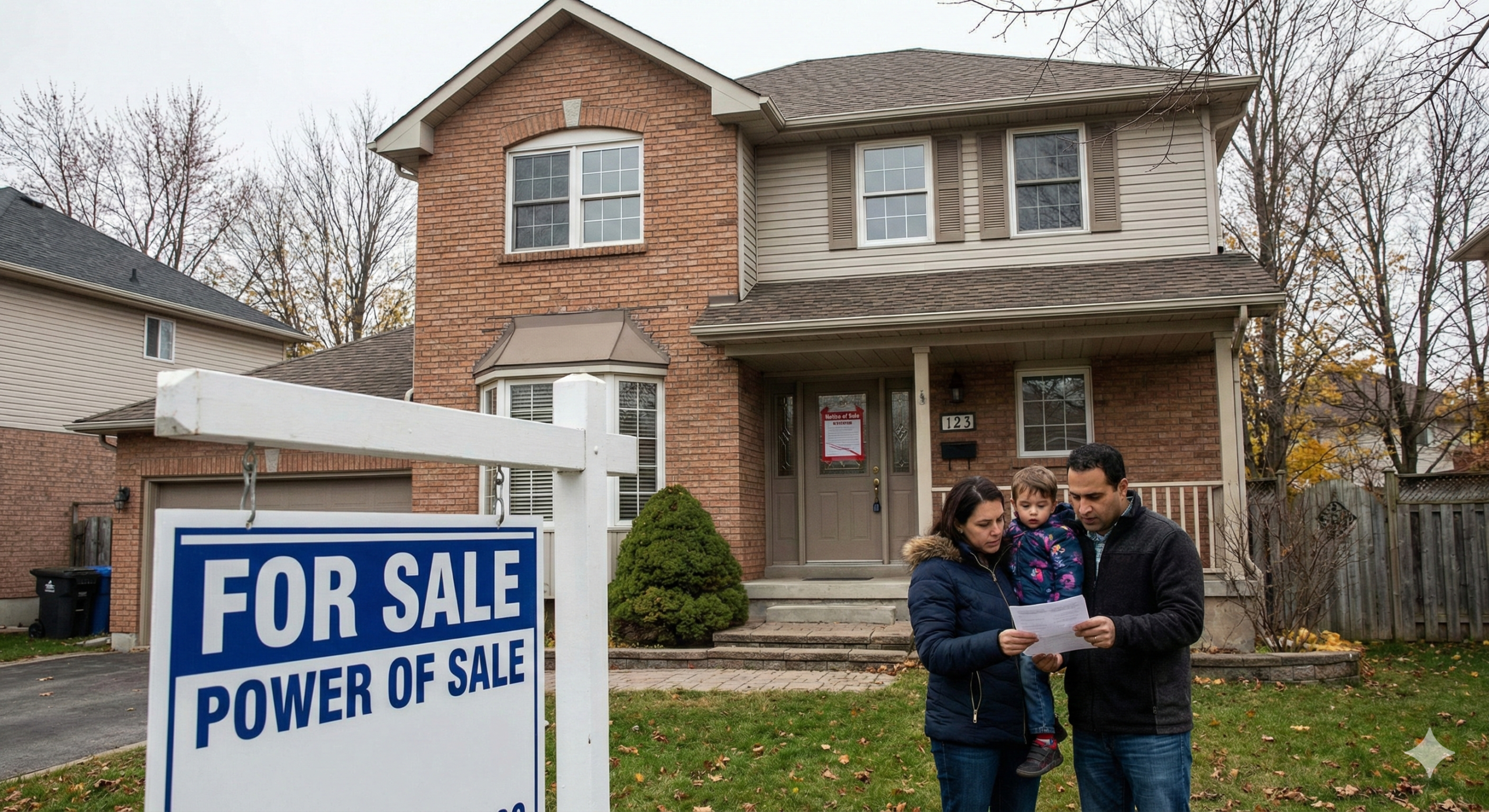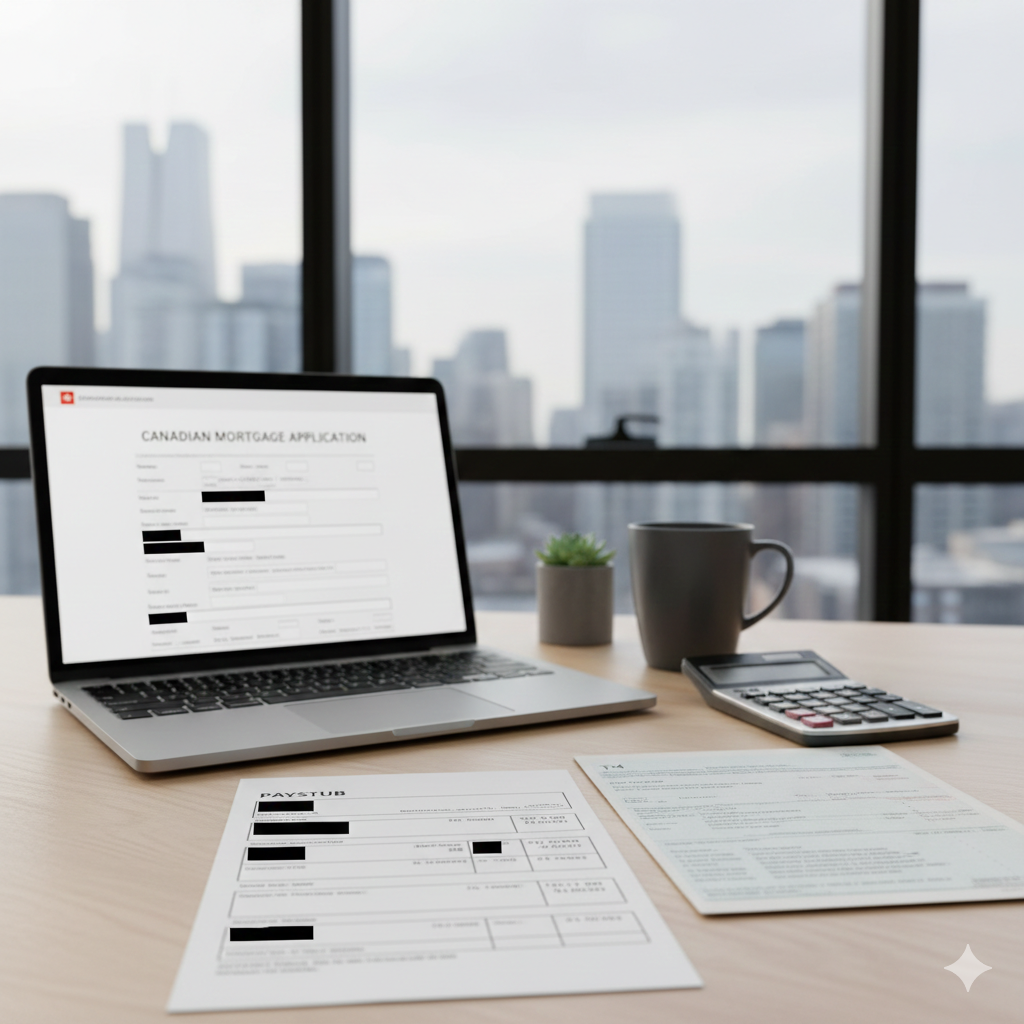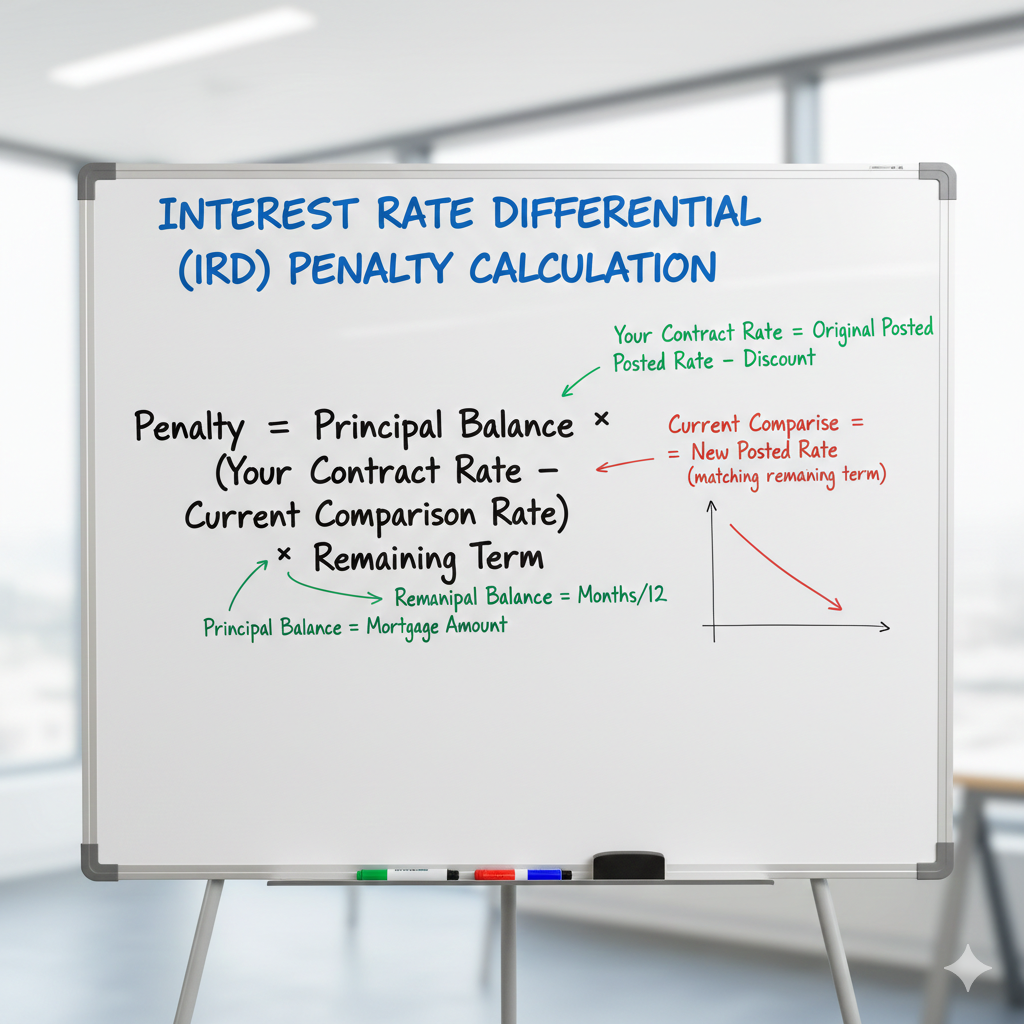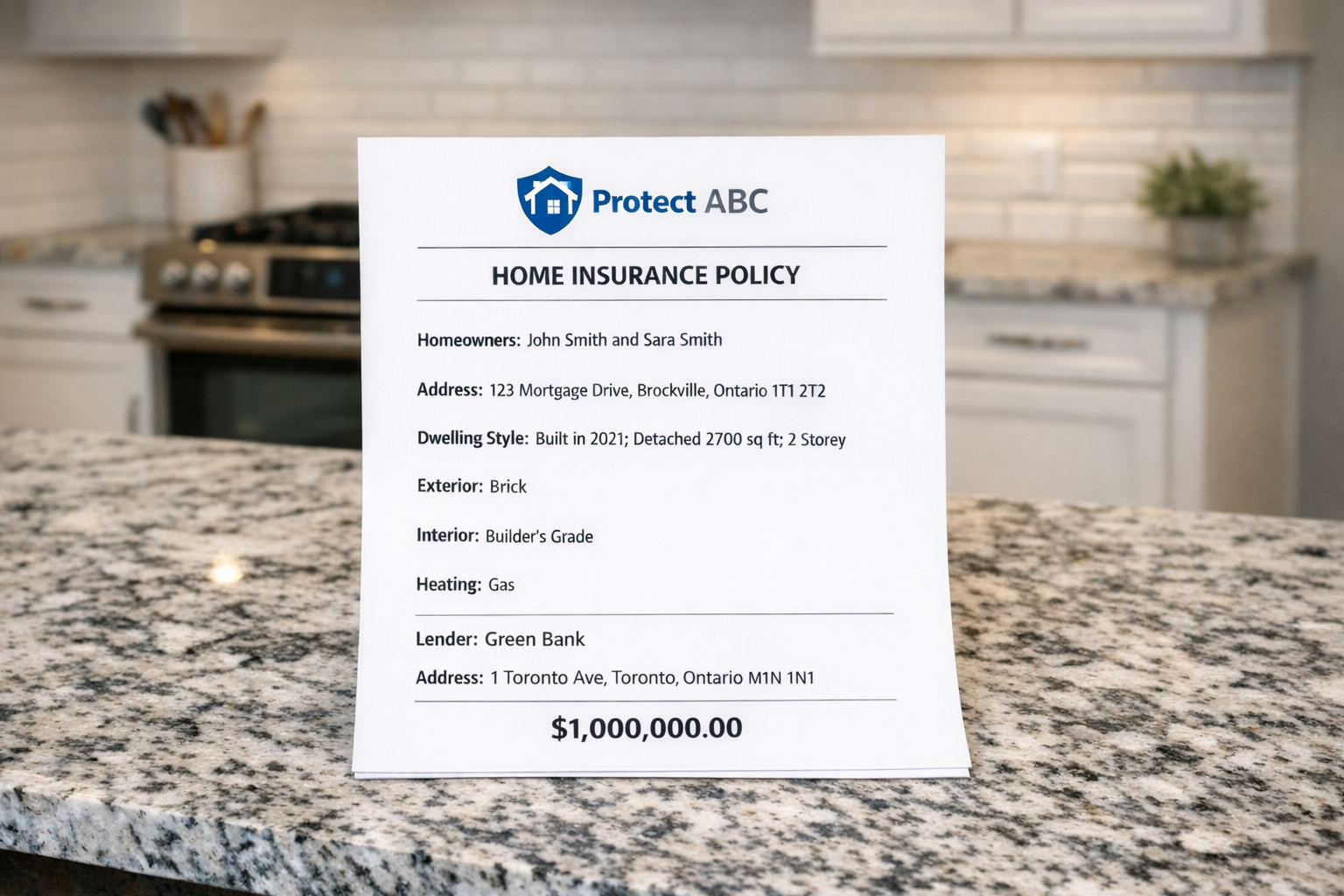Table of Contents
ToggleWhat You Need to Know
Unpaid property tax in Canada can snowball quickly into serious legal and financial trouble. When you don’t pay your property tax, interest and penalties start to build. Eventually, your local municipality can place a property tax lien on your home, which can prevent refinancing or borrowing. If left unresolved, this can lead to a tax sale, where your home is sold to recover the debt.
Unpaid property tax doesn’t just affect your homeownership—it puts your entire property at risk. But there are solutions, including home equity loans, payment arrangements, and working with a mortgage expert.
Understanding Property Tax in Canada
Property tax is a mandatory fee paid annually by homeowners to their local municipality. It helps fund essential services such as:
-
Garbage collection
-
Snow removal
-
Fire and police services
-
Parks, libraries, and transit
-
Public education and infrastructure
Each province governs how property tax is assessed and collected, but it’s typically based on the Municipal Property Assessment Corporation (MPAC) valuation or a similar body.
Important to note: Property tax is not optional. Missing even two payments can set off a chain reaction of unpaid property tax notices, interest, and legal actions.
How Municipalities Assess Property Taxes—and Why They Rise Each Year
Municipalities calculate property taxes based on the assessed value of your home, which is typically determined by a provincial assessment authority like MPAC in Ontario. These assessments reflect the market value of your home as of a specific date, and are usually updated every 2–4 years, depending on your province. The municipality then applies a property tax rate, also known as a mill rate, to this assessed value to calculate your annual property tax bill.
Why do property taxes go up each year?
There are two main reasons: rising home values and increased municipal budgets. As housing prices rise across Canada, so does your property’s assessed value. At the same time, local governments face inflation, population growth, and expanding service demands—pushing them to raise tax rates to cover costs. Even if your assessment stays the same, your property tax can still increase if your municipality adjusts its rate to fund public services.
What Happens When You Miss a Property Tax Payment?
Missing a property tax payment triggers a predictable but serious progression:
🔹 Stage 1: Interest and Late Penalties
Once your payment is overdue—even by a day—your municipality can charge interest. In Ontario, this rate is typically 1.25% monthly on the unpaid property tax amount.
🔹 Stage 2: Tax Arrears Notices
You’ll begin receiving collection notices. These letters often serve as a warning that your account is delinquent.
🔹 Stage 3: Escalation
If left unpaid for several months, your file may be transferred to a tax collection officer or your municipality’s legal team. Some mortgage lenders may even intervene if your tax arrears grow too large.
Common mistake: Many homeowners assume they have to miss multiple payments before it matters. But municipalities take unpaid property tax very seriously—action can start almost immediately.
Property Tax Lien and Legal Action
A property tax lien is the legal right of the municipality to claim your home as collateral for the unpaid debt.
How It Works:
-
A lien is registered against your property title.
-
This lien takes precedence over most debts—including mortgages.
-
It makes it almost impossible to refinance or sell your home without paying off the unpaid property tax first.
Key takeaway: Once a lien is registered, your financing options shrink drastically.
Impact on Mortgage Lenders
If you have a mortgage, your lender has a vested interest in your home remaining tax-compliant.
Some lenders will:
-
Pay the unpaid property tax on your behalf
-
Add that amount to your mortgage
-
Begin foreclosure to protect their interest
Important to note: A property tax lien gives municipalities immense power. They can even bypass traditional foreclosure channels to collect.
The Tax Sale Process in Canada
When unpaid property tax remains unresolved, the municipality can initiate a tax sale.
This process differs by province, but here’s how it typically unfolds:
🔹 Step 1: Tax Arrears Certificate
After two years of unpaid property tax (in Ontario, for example), a Tax Arrears Certificate is registered. You now have one year to pay the balance in full.
🔹 Step 2: Final Demand and Listing
If no action is taken, the municipality will list your home for a tax sale. This is a public sale where anyone can bid to purchase your property.
🔹 Step 3: Sale and Eviction
Once sold, the proceeds go toward settling the unpaid property tax. Any surplus is returned to you, but you will lose ownership.
Example: Ontario Tax Sale Timeline
| Time Since Non-Payment | Action Taken | What You Can Do |
|---|---|---|
| 1–6 months | Interest accrues, notices issued | Set up payment plan or borrow |
| 6–24 months | Escalation to legal or collections | Seek home equity loan |
| 24 months | Tax Arrears Certificate filed | Must pay in full within 1 year |
| 36 months | Tax Sale initiated | Last chance to stop the process |
Common myth: You’ll have lots of time to fix things. In reality, municipalities are required to follow strict timelines—and they do.
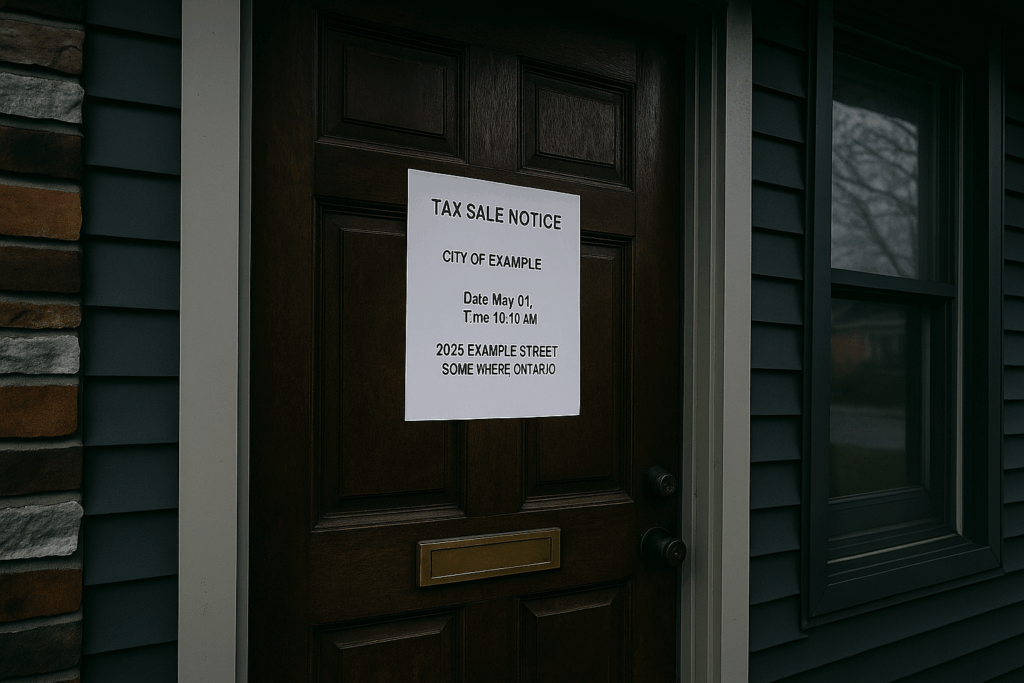
How to Fix Property Tax Arrears
Struggling with unpaid property tax doesn’t mean you’re out of options. Here’s how Canadian homeowners can get back on track:
🔹 1. Arrange a Payment Plan
Most municipalities offer payment plans to help you catch up over time. You must contact them directly and often prove financial hardship.
🔹 2. Use Home Equity
If you own your home or have equity, you may qualify for:
-
Home Equity Loan
-
Second Mortgage
-
HELOC (Home Equity Line of Credit)
These solutions can consolidate your unpaid property tax into a manageable payment, especially if traditional banks won’t help.
🔹 3. Private Lender Options
If your credit is poor or your income is irregular, a private lender may offer a short-term solution to stop the tax sale and pay off the lien.
Key takeaway: Lenders focus on your equity—not just your credit score—when resolving property tax arrears.
Areas in Canada Where Property Tax Arrears Are Common
While any homeowner can fall behind, arrears tend to spike in areas with:
-
High unemployment or industry shifts
-
Older homeowners with fixed incomes
-
High tax assessments in hot housing markets
Hotspots for Arrears:
-
Ontario: Toronto, Brampton, Windsor
-
Alberta: Edmonton, Calgary
-
British Columbia: Vancouver, Nanaimo
Important to note: If you’re in these areas and feeling financial pressure, don’t wait for a legal notice. Be proactive with your unpaid property tax issues.
Key Takeaways for Homeowners
-
Unpaid property tax grows quickly with interest and fees.
-
Municipalities have the legal power to take your home.
-
You can lose your home through a tax sale even without missing mortgage payments.
-
Solutions exist—like refinancing, home equity loans and private lenders.
-
Don’t ignore warning letters. Speak to a mortgage professional who understands tax liens and arrears.
FAQ Section
Q: Can I really lose my home to unpaid property taxes in Canada?
A: Yes. If you ignore your unpaid property tax, the municipality can register a lien and ultimately sell your home to recover the debt.
Q: How long before a property tax lien is placed?
A: Generally, after 1–2 years of non-payment, but some municipalities act sooner. Once a Tax Arrears Certificate is issued, time is limited.
Q: Is there a way to stop a tax sale after it’s started?
A: Yes, you can pay the full amount owing, including fees and interest, before the tax sale date. Some municipalities allow redemption right up to the day of sale.
Q: Can I refinance my home if I have a property tax lien?
A: Not easily. Most traditional lenders will not refinance a property with a lien. But private lenders and home equity loan providers might help.
Q: How do I qualify for a loan to pay my unpaid property tax if I have bad credit?
A: Qualification is usually based on equity, not credit. If you have sufficient equity in your home, you may qualify for a second mortgage or HELOC to cover the debt.
- Can a Mortgage Company Evict You in Ontario? (2026 Power of Sale Guide) - February 23, 2026
- Crucial Ways to Survive the Redemption Period During Foreclosure: A Guide - February 21, 2026
- Painful Realities of the Interest Rate Differential Penalty You Must Know - February 15, 2026
